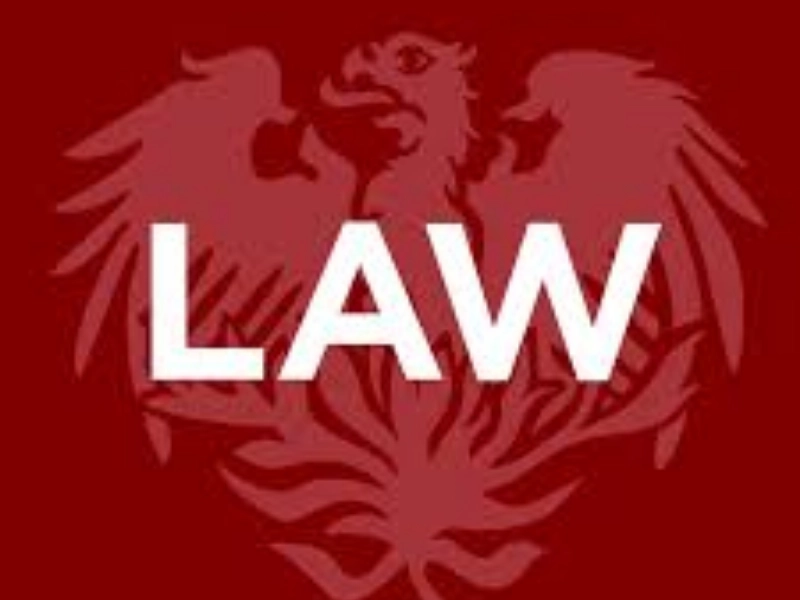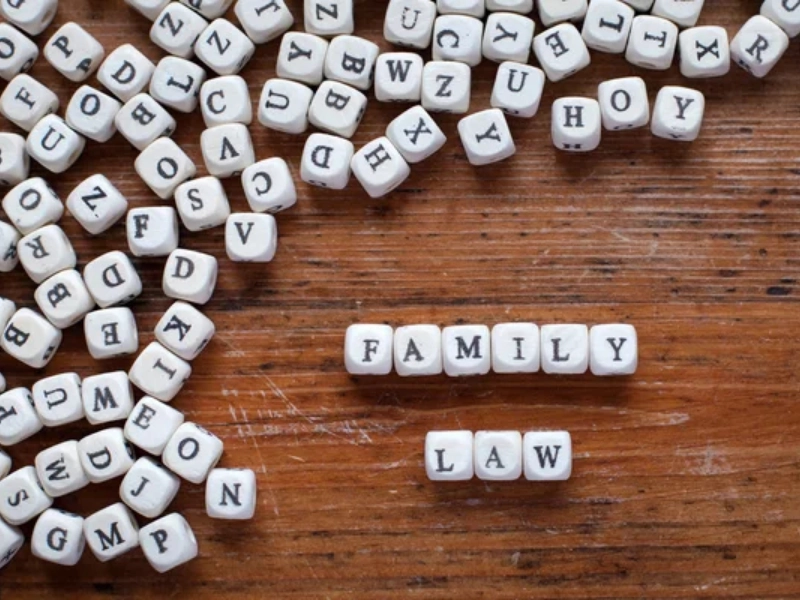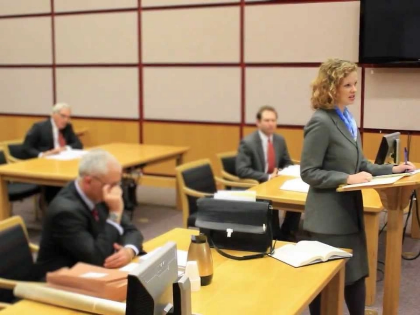Additionally, take into account insurance policies such as general business insurance and professional liability (errors and omissions).
Brands

The names, symbols, colours, words, slogans, and designs that customers use to recognise your goods or services are known as trademarks. You can obtain exclusive rights to your trademarks and stop rivals from using marks that are confusing to consumers or harming your brand by registering them.
Before registering your company name and choosing a domain name, you should run search engines to make sure the mark is not already being used by someone else. Trademark registrations, regional business directories, and pertinent trade publications should all be searched.
In order to abide by consumer protection rules, you should also specify on your website what your refund and return policies are. You should also be aware of data privacy rules that safeguard your clients' personal information. It may be necessary for you to reveal this information in your Terms of Service or apply for a Data Protection Act certificate. You risk fines or possibly losing your company if you don't follow these guidelines.
Copyright protection

A business that creates goods or provides services needs to make sure that all of its intellectual property belongs to it. This is significant because the owner of the copyright must provide permission before the work may be used.
Copyright protection generally applies to anything that is permanently incorporated into a tangible form of expression. Writings in both fiction and nonfiction, poetry, music composed in both words and music, sound recordings, databases, artwork, photos, sculptures, architectural works, and even software code fall under this category.
Online businesses must be aware of copyright regulations, payment security and privacy, consumer data collection and usage policies, and other legal requirements. It's an investment in future-proofing your internet business to take the time to educate yourself on these regulations and obtain experienced legal guidance. Failing to do so has significant financial and legal implications. Copyright laws are complicated and differ greatly between nations. To make sure that your business is aware of the entire extent and ramifications of this, it is essential to speak with an experienced attorney.
Organisational Structures

You have to choose your company's organisational structure as a new business owner. This may have an impact on profit-sharing, taxes, and legal protection. Additionally, different structures could have different license and permit needs. A tax expert and an attorney should be consulted before selecting a business structure.
Sole proprietorships are the foundation of many internet enterprises. Owners can only work with themselves in this system, which is the simplest. Although it can help protect personal assets from the company's liabilities, this does not create a legal separation between the firm and its owner. In addition, it offers direct access to profits and eliminates company tax.
S-Corporations and C-Corporations are two more well-liked choices. Both are more complicated and require submitting particular paperwork to the government. They may also require more time and money to maintain. Enterprises that care about social issues are beginning to favour alternative forms like benefit orporations. These businesses take into account how their decisions will affect not only the environment, communities, and employees, but also shareholders.
Defamation

Whether it takes the form of verbal slander or published libel, defamation can pose a severe threat to small businesses and individuals with a significant social media following. Reputational harm can lead to emotional pain, missed business chances, and lost income.
To prevail in a defamation lawsuit, the plaintiff must show that the defendant made a false statement that damaged the reputation of their company. Rather than being an opinion or subjective judgement, the false statement must be an unfounded accusation of fact. Additionally, the plaintiff must prove that the defendant behaved with genuine malice.
It's usually preferable to stay silent when responding to unfavourable online content. Responding to the defamation can highlight it and encourage the original poster to release more harmful remarks. The appropriate course of action for your circumstances can be determined with the assistance of a reliable lawyer. Lawyers, for instance, might be able to assist you in demonstrating that the defendant behaved carelessly or maliciously by looking through written documents, films, and photos.
Recommended Reading: Independent Contractor? How to Qualify for a Mortgage
























Friendly to progressive enhancement.
Provides a trustable north star.
Leaves space for dialogue—let’s fill it.
Leaves cognitive room.
Subtle cue to slow down.